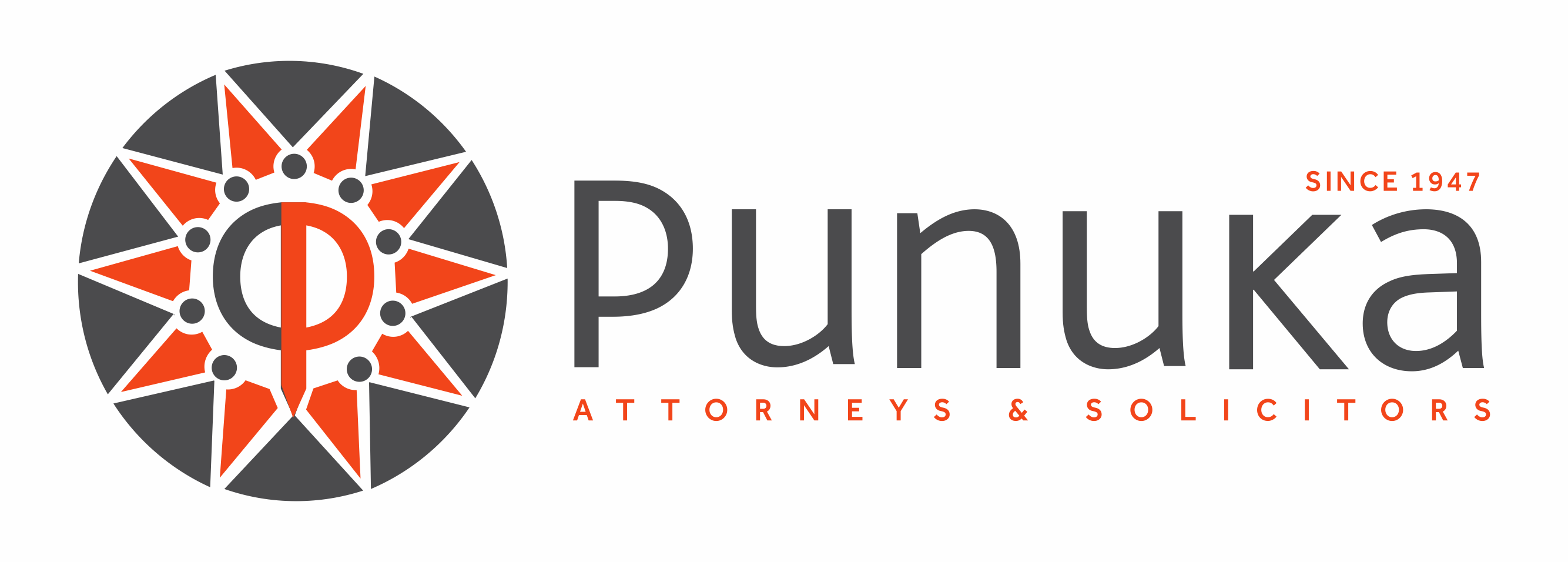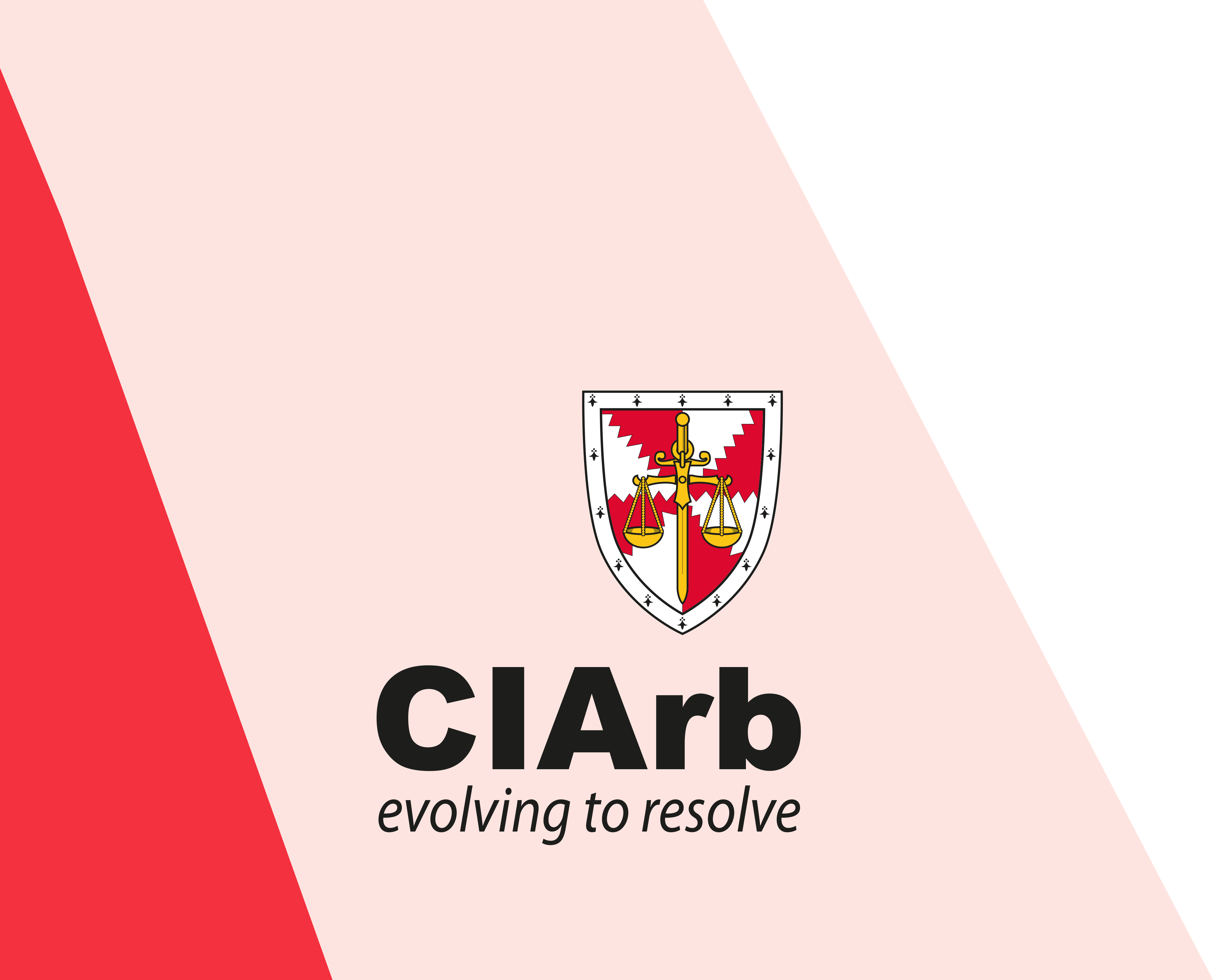Introduction
Various reforms have been ongoing in the financial and commercial landscape for doing business in Nigeria, which impacts on insolvency and restructuring practice in Nigeria.
In May 2017, the enactment of the Collateral Registry Act (also known as the Secured Transactions in Movable Assets Act) and Credit Reporting Act enhanced the secured credit framework and the enforcement systems in Nigeria. These laws also improved access to credits by MSMEs.
By February 2020, the Nigerian Government also passed the Finance Act which reformed several financial and taxation statutes in the Federation.
Attempts at reform of personal insolvency1 and the Companies and Allied Matters Act (CAMA)2 have met with significant delays. CAMA bill intends to reform various areas of corporate insolvency practice and create a more conducive environment for business rescue and restructuring, as the existing framework is liquidation biased.
Although as at late last year the Senate had passed the said Amendment into Law3, the President refused to give consent to the law on account of particular concerns4 hence further suspending the overdue need for insolvency system change, notwithstanding the World Bank’s assessment of the need for reform.
Coronavirus and Global Disruption
The COVID-19 Coronavirus global pandemic has devastated and disrupted businesses. Governments have issued quarantine directives and anti-crowd gathering orders to inhibit the spread of the epidemic. Borders have been shut down, imports and exports of raw/finished goods, trade and services are frozen. Traditional workplaces, businesses and manufacturing outlets have been dramatically deserted in the short term and could be made obsolete post the outcome of this existential threat.
The risk of bankruptcy has increased. The issue is whether it will be appropriate for failing businesses to be liquidated at this time. The weak framework for business rescue means that insolvent companies have limited recourse to defend themselves from the impact of Covid-19 on their operations. Lawyers must be inventive in seeking solutions that could keep businesses afloat until the pandemic passes over.
Legal Approaches to Insolvency Due to COVID-19
An approach is the use of force majeure as a defence in a bankruptcy proceeding. Force majeure principles provide temporary relief or more definitive frustration of contractual obligations. Force majeure invocation has globally become a legal ground for partial/full suspension and nullification of voluntarily entered agreements. In Nigeria, force majeure is hardly inserted as a contractual clause in credit arrangements between the debtor companies and their lenders.
The debtor in possession, who seeks to wade off its creditors may have difficulty relying on force majeure if there is no contractual term providing for it. Even if there is no contractual term, it may still be applicable as a matter of common law or implied term of the contract.
Besides force majeure, another approach to the legal issues thrown up by the Covid-19 pandemic is to be found in insolvency pure and straightforward. Under this frame, the epidemic is perceived as a market-driven phenomenon which led to the bankruptcy, and therefore, ground for bankruptcy relief or moratorium to aid business rescue and restructuring whether formal or informal.5
It is by its nature a concept that can be invoked by an applicant before the courts relying on the equitable jurisdiction of the courts to obtain a moratorium and a suspension of servicing of financial obligations or a suspension of creditor enforcement rights. The debtor in possession or its directors acting as fiduciaries or even the Insolvency Office Holder can apply and invoke force majeure to obtain a moratorium that would enable the business to survive. A viable path for restructuring would be of mutual value to the debtor and its creditors. An application to vary the contractual terms through interim freezing, suspension or variation of otherwise due payments can be made. The exercise of security rights over the collateral by secured creditors could be restrained. Also, critical unsecured vendors could be paid through appropriated couched court orders.
Conclusion
To weather the disruptive storm of COVID 19 requires disruptive thinking from all stakeholders, including the commercial courts who play a critical role in assisting business rescue6. The courts and lenders should give urgent attention to debtor’s appeal for suspension or rescheduling of obligations under the current unfolding global economic recession. A pound for flesh or race to collect approach to an insolvency situation can never achieve proper realization and value for lenders or debtors. Disruptive thinking should apply to all aspects of operation of a company including labour.
The force majeure principle could be a useful tool for managing the current Covid- 19 crisis. Also, the ordinary insolvency principles which grant relief for no-fault market-driven insolvency could provide a solution for managing the pandemic through either informal or formal workout or restructuring using the concepts of moratorium or suspension or rescheduling -among others- of commercial obligations.
Footnotes
1. With the Senate passing into law the Bankruptcy & Insolvency Bill with the Nigerian President who is yet to assent to it till date for same to come into force of law.
2. CAMA is the general companies and corporate insolvency law in Nigeria. the 1990 Act which is a vestige of the UK 1948 Companies Act has not been reformed in the last 30 years.
3 https://www.vanguardngr.com/2020/03/senate-passes-cama-amendment-bill/
5. Please see for instance INSOL Statement of Principles for Multi-Creditors Workouts accessible at https://www.insol.org/_files/Publications/StatementOfPrinciples/Statement of Principles II 18 April %202017%20BML.pdf; for an overview of Chapter 11 of the US Bankruptcy Code, please see https://www.uscourts.gov/services-forms/bankruptcy/bankruptcy-basics/chapter-11-bankruptcy-basics
6. Please see our article on role of the courts in driving business rescue in Nigeria published on International Law Office Newsletter and accessible on http://punuka.com/wpcontent/uploads/2019/01/driving_business_recovery_the_role_of_the_courts.pdf. Courts further play a critical role in achieving settlement and debt resolution as their enabling Act endows courts with powers to encourage settlement and commercial workouts as an alternative to formal and protracted litigation albeit for a limited period.
Authors:
The content of this article is intended to provide a general guide to the subject matter. Specialist advice should be sought about your specific circumstances.













